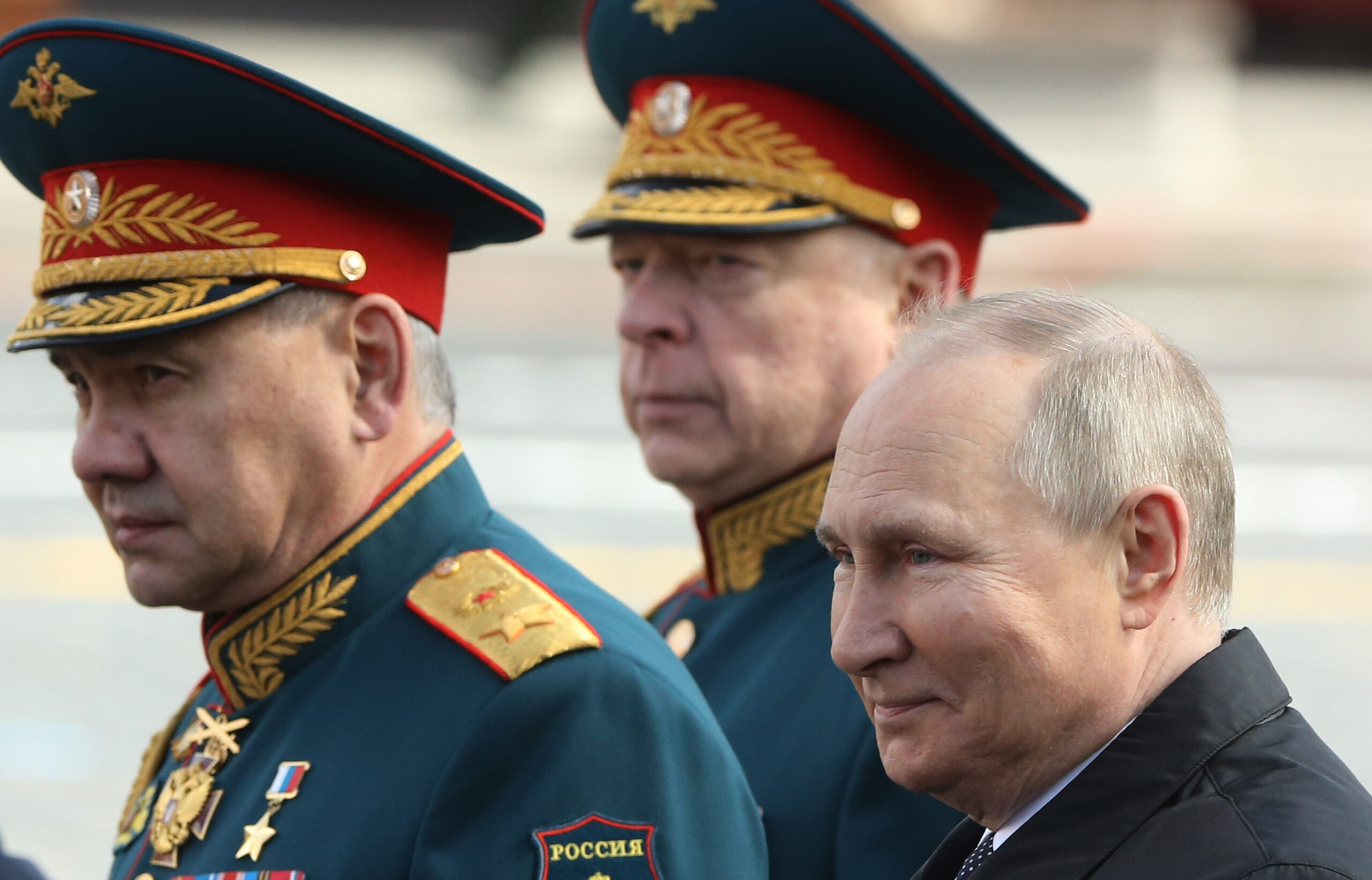
The Russian autocrat forgot an age-old truth about working with common criminals and soldiers for hire.
June 2023
A wonderful gift for Ukraine. My first thought upon reading the news that Yevgeny Prigozhin, leader of the Wagner Group, had called for an armed rebellion was that this serious rupture within the Russian security establishment — something not seen since the days of the 1917–22 Civil War — was a terrific gift to Ukraine and President Volodymyr Zelensky. Ukraine’s much anticipated spring counteroffensive, while making some progress, has not brought the advances many of us had hoped for. The war in Ukraine is a zero-sum game: Any setback for Moscow signifies an advantage for Kyiv. It would be hard to imagine a luckier break for Ukraine than a fratricidal violent conflict among its enemy’s fighting forces. Obviously, the Ukrainian government and its supporters abroad realize that the longer this strife within Russia’s military goes on and the more destructive it gets, the better for Ukraine. Ukraine would do well now to redouble its efforts and press the advantage resulting from the inevitable confusion and dip in morale among its enemies owing to Prigozhin’s rebellion.
(Another) divine retribution. The news reports and images suggested that this might be, for lack of better words, a case of divine retribution. When you surround yourself with and elevate common criminals to positions of extreme influence and they turn against you, the damage is likely to be extreme. President Vladimir Putin’s unprovoked invasion of Ukraine — which he predicted would be a walk in the park — caused precisely the effects he wanted to avoid: the exodus of hundreds of thousands of Russia’s best-trained and -educated young men, Finland’s joining NATO, the revitalization of the Western alliance. Putin brought the unfolding crisis on himself long ago, when he made it possible for the likes of Prigozhin to become powerful figures. Niccolò Machiavelli warned state leaders about the dangers of using the services of mercenaries: They are difficult to control and, in some situations, actually turn against their employers. This is precisely what we are seeing playing out in Russia.
Not a lethal blow to Russia’s war effort. Until recently, Putin looked at Prigozhin as a useful counterweight to his generals, whom he did not fully trust and whose conduct of the war he could not have been satisfied with. Earlier this year, however, Prigozhin began to openly challenge the generals and locked horns with several Russian security agencies. The battlefield performance of his mercenaries may have been somewhat better than that of ordinary soldiers. But as the war has progressed, the quality of Wagner’s personnel has diminished — many were recruited straight from prisons with promises of pardons in exchange for six months of frontline service — and it took heavy casualties and struggled with inadequate weapons and ammunition supplies. Prigozhin’s audacious move against Putin and the Russian army is likely to be another case of miscalculation. Though he is not without supporters on the fringes of Russian politics, Prigozhin remains an independent with no mainstream base. I expect that, one way or another, we will soon see the end of Prigozhin and the Wagner Group, and Russia’s war effort will become ever more desperate for soldiers to fight its shameful war.
The bottom line. Prigozhin’s challenge to Moscow is another symptom of the rotting of Putin’s regime. The rebellion is unlikely to bring down the regime, but it has shaken it and hopefully will create doubts in more Russian minds about its sustainability.![]()
Zoltan Barany is Frank C. Erwin Jr. Centennial Professor of Government at the University of Texas at Austin and the author, most recently, of Armies of Arabia: Military Politics and Effectiveness in the Gulf (2021). His 2007 book Democratic Breakdown and the Decline of the Russian Military was republished in paperback by Princeton University Press in 2023.
Copyright © 2023 National Endowment for Democracy
Image Credit: Contributor/Getty Images
| FURTHER READING | ||

Armies and Autocrats: Why Putin’s Military FailedWhen Vladimir Putin launched a massive invasion of Ukraine, he expected an easy victory. Instead, the world has witnessed an object lesson in how a corrupt Russian regime crippled its own military power. |

Why Ukraine Is Starting to LosePutin doesn’t care how many of his troops die. He is looking to win a war of attrition. On the second anniversary of Russia’s invasion, Ukraine needs the West’s help—and it needs it now. |

Ukraine and Russia: War and Political RegimesWill Russia’s war tip the Kremlin even further toward tyranny while fortifying Ukraine’s democracy? That will depend on Vladimir Putin and Volodymyr Zelensky as much as on the course of the war itself. |
